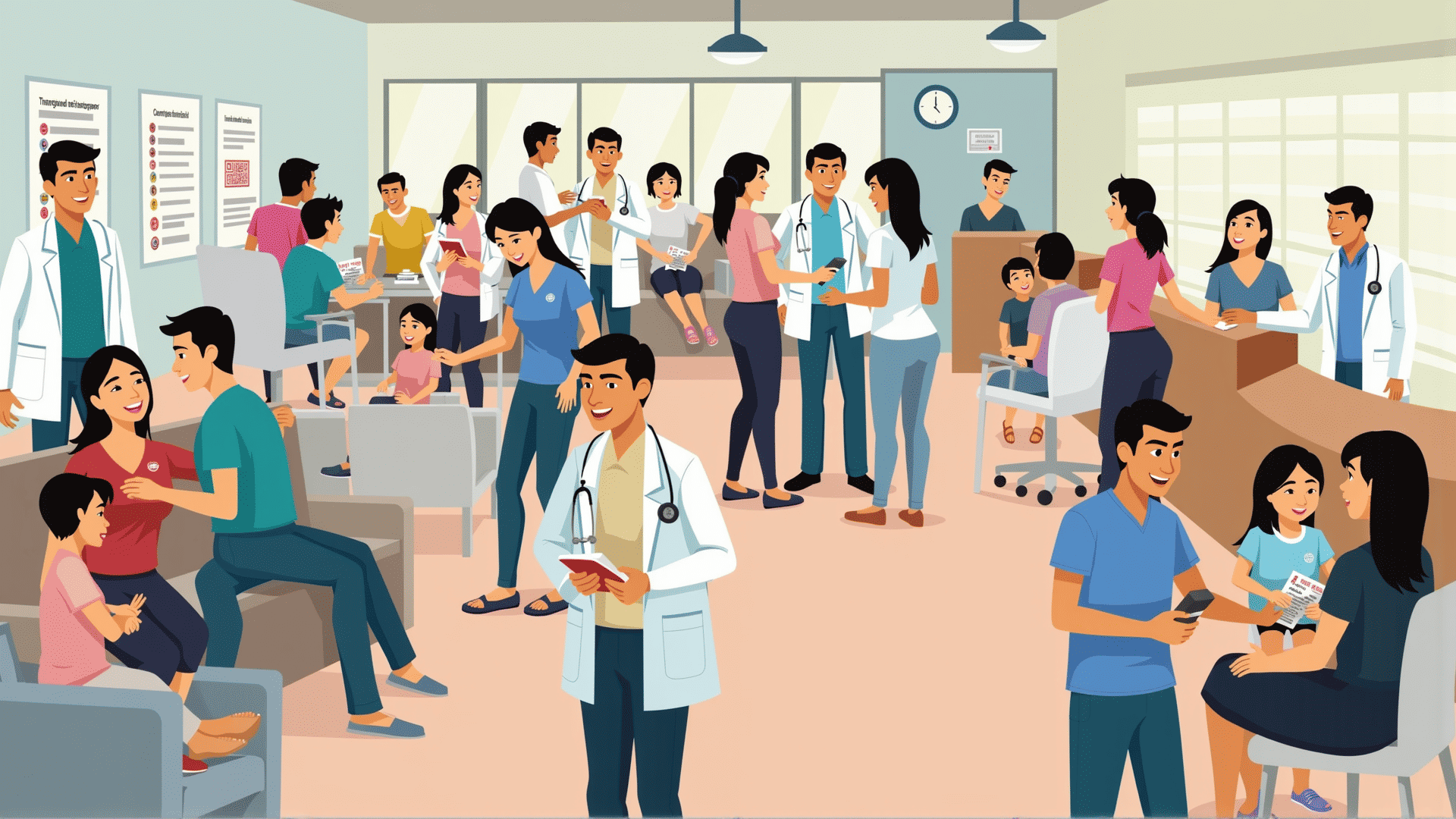In the heart of the Philippines, there is a growing movement dedicated to fostering community well-being through innovative health initiatives. These programs aim to provide accessible healthcare services to every Filipino, ensuring that no one is left behind in the pursuit of a healthier life.
At the core of these community health initiatives is the principle of inclusivity. Whether in bustling urban centers or remote rural areas, efforts are being made to bring healthcare services closer to the people. Mobile clinics, telemedicine, and community health workers are actively reaching out to underserved populations, breaking down geographical and financial barriers that often prevent access to necessary care.
Education also plays a pivotal role in these programs. By educating individuals about preventative care and healthy lifestyle choices, communities are empowered to take charge of their health. Health workshops and seminars are conducted regularly, focusing on a variety of topics such as nutrition, exercise, maternal and child health, and the prevention of common illnesses. This proactive approach helps individuals make informed decisions that contribute to their overall well-being.
Furthermore, collaboration is a key element of success in these programs. Partnerships between local governments, non-profit organizations, and healthcare providers facilitate a comprehensive and sustainable approach to health services. By pooling resources and expertise, these collaborations are able to address the unique needs of different communities effectively.
The impact of these initiatives is evident in improved health outcomes across the country. With better access to healthcare and increased awareness, communities are witnessing a decline in preventable diseases and an improvement in quality of life. These changes not only enhance individual well-being but also foster a sense of collective resilience in the face of health challenges.
Ultimately, the focus on community health is about nurturing a society where every Filipino has the opportunity to lead a healthy and fulfilling life. By continuing to innovate and prioritize accessibility, these programs are paving the way for a future where healthcare is a universal right rather than a privilege.
